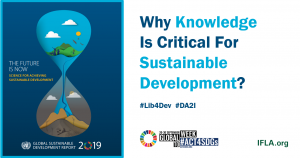 The Global Sustainable Development Report was released last week in time for discussions around progress on the United Nations 2030 Agenda at the UN’s General Assembly. The result of a collaboration between experts from different disciplines, from different parts of the world, is arguably the most complete knowledge contribution to work on the SDGs.
The Global Sustainable Development Report was released last week in time for discussions around progress on the United Nations 2030 Agenda at the UN’s General Assembly. The result of a collaboration between experts from different disciplines, from different parts of the world, is arguably the most complete knowledge contribution to work on the SDGs.
It is an effort to make the most of ideas and insights in order to build an understanding of where we stand in the effort to promote sustainable development. Crucially, and in coherence with the SDGs themselves, it aims to look across the board, and identify cross-cutting actions that are necessary to accelerate success.
As the prologue by Gro Harlem Brundtland underlines, it was by bringing together knowledge that it was possible to develop the concept of sustainability in the first place, and put the world on the way to the SDGs. And, as this blog sets out, the new report stresses that the role of knowledge is as great as ever.
Sustainability Insights
Thanks to the variety of perspectives brought by its authors, the report offers insights into the threats and opportunities which will determine whether we achieve the SDGs. Alongside climate change – the subject of the summit that ends today – loss of biodiversity, and increase in both waster and inequalities are particular concerns.
In response, coordinated policies focusing on human capacities and well-being, sustainable and just economies, food systems and nutrition, energy access and decarbonisation, urban and peri-urban development and the global environmental commons.
In all of these areas, as highlighted by IFLA’s Library Map of the World and Development and Access to Information report, libraries have much to contribute.
The Report stresses that underpinning the success of work in these areas will four levers –governance, economic and financial policies, individual and collective action, and science and technology. If used effectively, these can accelerate progress. The key to effectiveness, the authors argue, is having the knowledge and understanding of how our societies are working at all levels:
‘Decision makers need to act based on current knowledge and understanding of the linked human-social-environmental systems at all levels. That knowledge also needs to be more widely available to all countries and actors, motivating innovative coalitions and partnerships for success’.
Knowledge Matters
This emphasis on the importance of knowledge serves to underline the contributions that libraries can make. The need to gather, organise, give access to and apply information is as great as ever.
This is true, first of all, in the research context, where the report underlines concern that academics in developing countries too often cannot access the same range of materials as those in richer countries. This makes them less able to support local development, risking deepening global inequalities.
It also makes it harder to take the findings of research and apply them to real-world situations. As the report suggests, there is a need to intensify the science-policy interface, but this is made more complicated when paywalls stand in the way.
The authors therefore make a clear call on libraries, alongside governments, universities and research consortia, to take additional steps in order to provide open access not only to research, but also to underlying data (Recommendation A15). This, it argues, is a key way of addressing inequalities.
Linked to this, it also calls for efforts to promote cross-border research collaboration between countries in order to support knowledge flows, and suggests that development agencies should invest more in building science and research capacity in beneficiary countries. Libraries, inevitably, are a key part of this.
Among the many reports and papers released around the SDGs – and in particular the discussions at the General Assembly – the Global Sustainable Development Report is to be welcomed for its clear advocacy for the role of knowledge, and those who produce and give access to it.
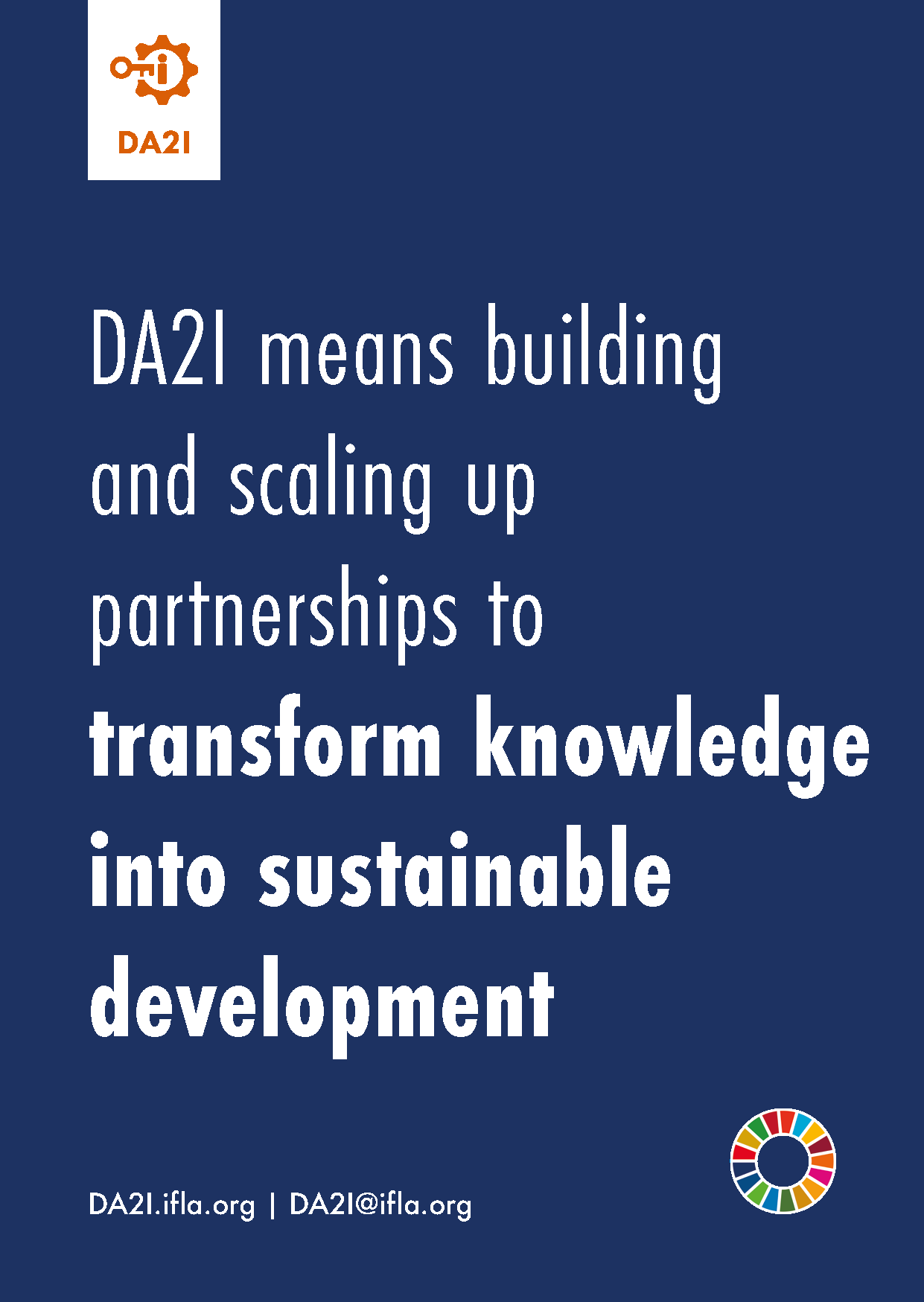
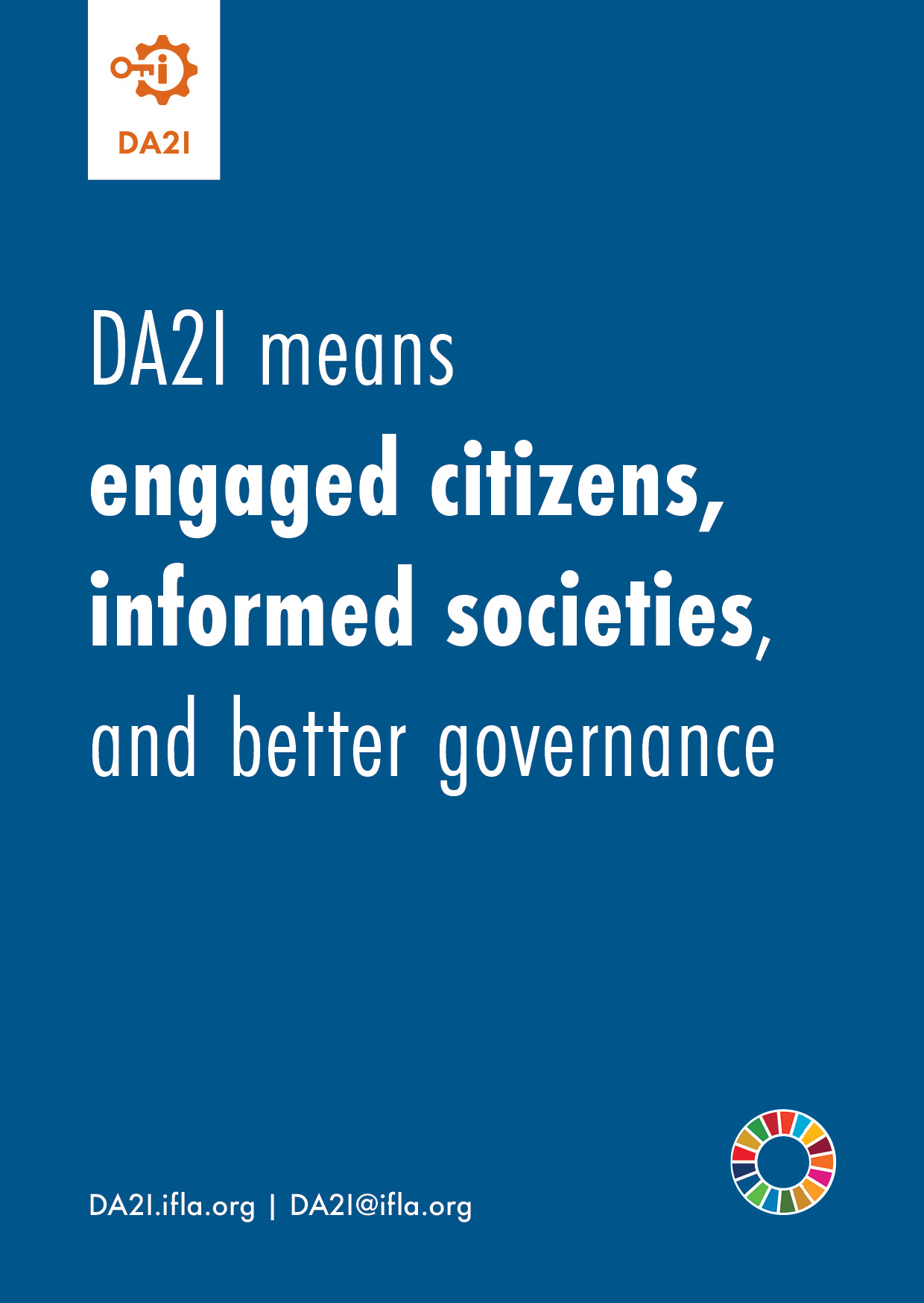
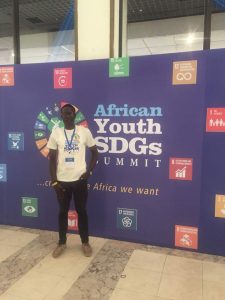
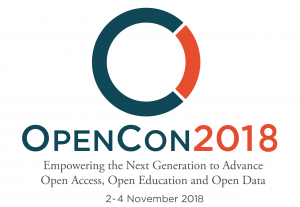 The Open Access movement is not standing still. Alongside the successes, there are also major questions and even concerns about inclusion, sustainability and whether it is achieving its original goals.
The Open Access movement is not standing still. Alongside the successes, there are also major questions and even concerns about inclusion, sustainability and whether it is achieving its original goals. 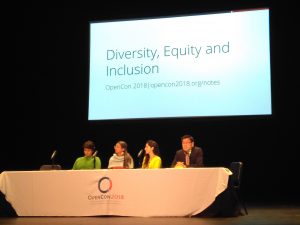 This is one of the most-favoured panels in OpenCon, which goes back to its very essence. It is based on the fact that “while the Open Access, Open Data, and Open Education movements often lean on rhetoric around social justice, equity, and the democratization of knowledge, in many ways, the movements continue to marginalize underrepresented scholars and students. Mainstream efforts to advance Open centre digital solutions and dominant (often Western) ways of knowing”.
This is one of the most-favoured panels in OpenCon, which goes back to its very essence. It is based on the fact that “while the Open Access, Open Data, and Open Education movements often lean on rhetoric around social justice, equity, and the democratization of knowledge, in many ways, the movements continue to marginalize underrepresented scholars and students. Mainstream efforts to advance Open centre digital solutions and dominant (often Western) ways of knowing”.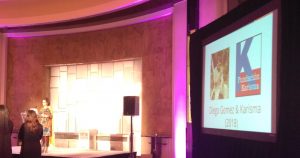 The next generation leadership award is given each year to a person who helped advance significantly open access, open science or open education in its country, region or internationally. This year’s award went to Diego Gómez, a biologist who faced criminal charges for sharing an article. Fundación Karisma, who offered him support throughout the trial and spread the word internationally, collected the award. More information is available in
The next generation leadership award is given each year to a person who helped advance significantly open access, open science or open education in its country, region or internationally. This year’s award went to Diego Gómez, a biologist who faced criminal charges for sharing an article. Fundación Karisma, who offered him support throughout the trial and spread the word internationally, collected the award. More information is available in